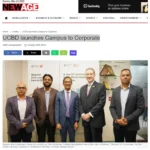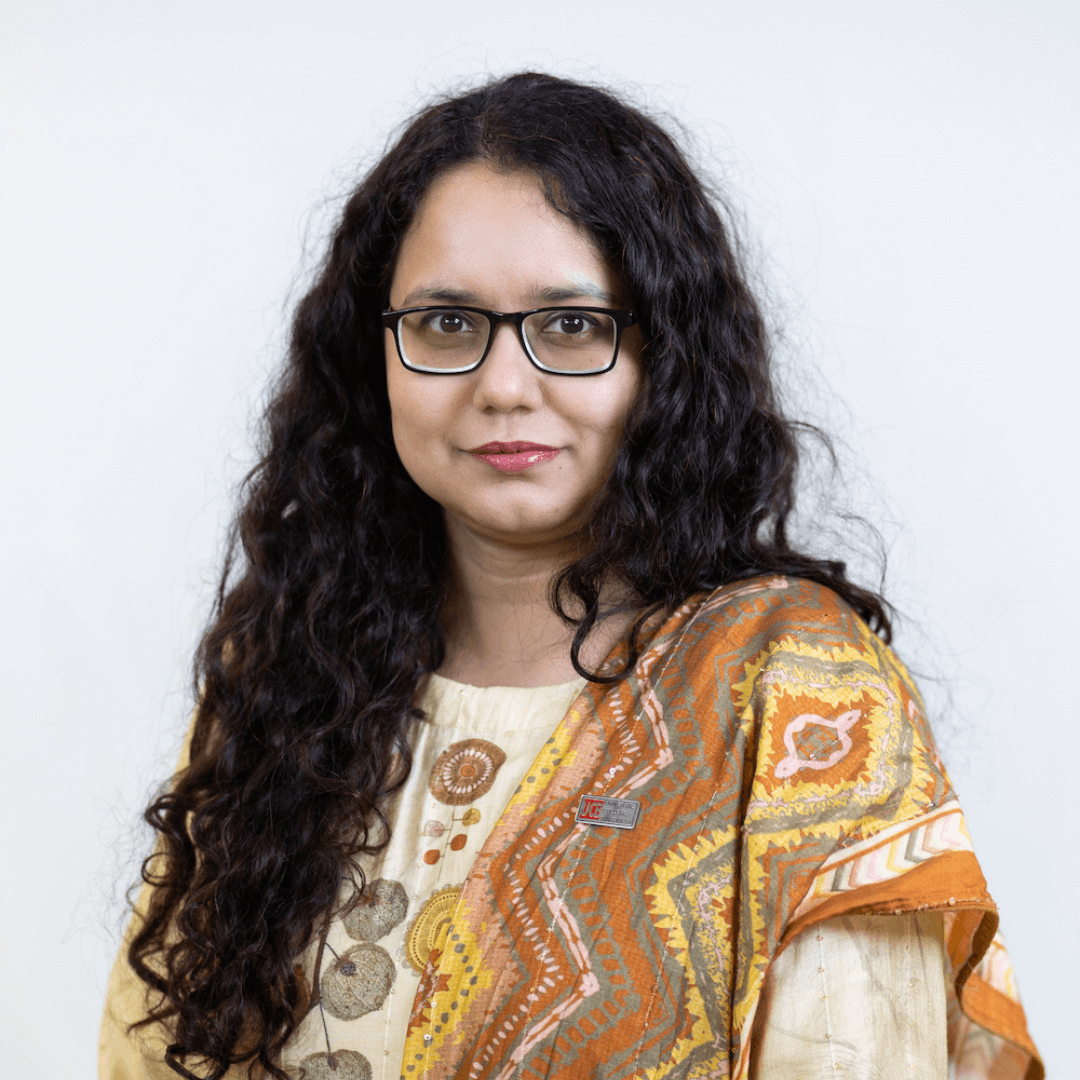Most of us have one or a few teachers who leave their marks on our lives, not just through academic teaching but the love and compassion they shower us with. They are the ones who guide us through many obstacles when we did not have the maturity, strength and sense of direction.
Some of these teachers are early mentors from school days. It is they who put their students on the right path so that their naive steps lead them towards a bright future and contribute to social transformation. Such mentorship sets the pathway in ensuring proper education.
However, in our country, not everyone is lucky enough to come across such mentors who possess the capacity and intent to change their lives and society. For those, navigating the next steps in education or career feels like making it out of a maze, blindfolded. Its tough trying to figure it all out on ones own, especially when someone is willing to pursue education abroad.
Its our conviction that navigating the complexities of higher education requires more than just academic skills. It demands guidance that is both insightful and comprehensive. The right advice can set the stage for future success. The mentors do more than teaching; they guide, inspire and support students through their growth journeys, ensuring the young prospects are prepared for the challenges ahead.
Good teachers, in this context, go beyond the traditional role of imparting knowledge. They become go-to career advisors, academic guides and psychological counsellors.
Such an approach ensures that students are not simply academically equipped but are also mentally prepared for the rigours of their chosen paths. The educators bring together the critical aspects of career planning, academic success and personal development under one roof, offering a supportive environment for students to thrive.
Mentorship further plays a critical role in preparing students for their future careers by equipping them with skills required for job market and elsewhere. Beyond the curriculum, mentors impart life skills such as critical thinking, problem-solving, communication and leadership.
They are able to provide insights into industry trends, networking opportunities, and practical applications of theoretical knowledge, preparing students for the realities of their chosen fields. This comprehensive skill set ensures students are not just ready for their careers but are poised to excel.
This is where Pathway programmes come in, where the responsibility shifts to the educators of the institutions they join. They are the ones who guide these students through every detail involved in their academic and professional journey. Certain institutions in Bangladesh recognize the importance of this support. They commit to providing mentorship that fills the gaps left, ensuring that the transition from school to university, and eventually from university to the professional world, is less intimidating.
We have seen that a mentor can essentially be anyone – family, friend, acquaintance, or a teacher. Still educators carry the bigger responsibility to fulfil this role, bridging the gap between academic theories and practical applications.
In the journey through higher education and beyond, right mentorship can make decisive differences. By equipping students with a broad range of skills and knowledge, and preparing them for a globalised workforce, the next generation of professionals can be made truly resilient, and adaptive for golden success.
The writer is a Lecturer and Coordinator for the Monash University Foundation Year (MUFY) program at Universal College Bangladesh (UCB)
Published in: Observerbd



























